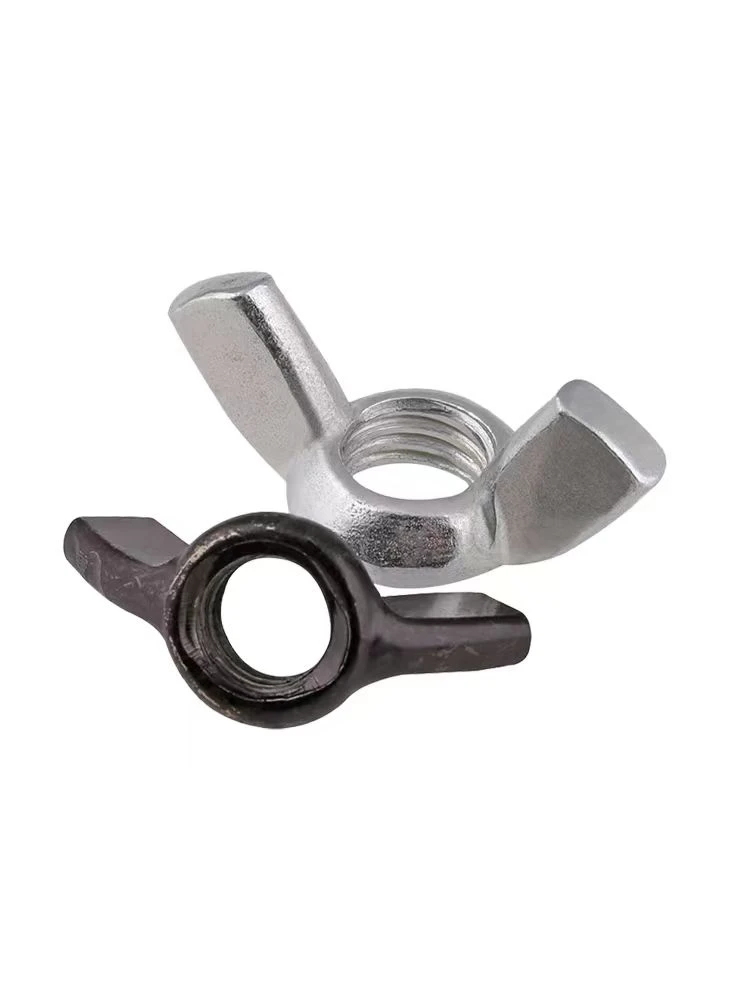

Custom Fastener Solutions for Your Unique Project Needs and Specifications
Jan . 01, 2025 15:26 Back to list
Custom Fastener Solutions for Your Unique Project Needs and Specifications
Understanding Custom Fasteners The Key to Engineering Precision
Fasteners are a crucial component in nearly every mechanical system. They serve to hold parts together, ensuring the integrity and functionality of an assembly. While there are many standard fasteners available on the market, such as bolts, screws, nuts, and washers, custom fasteners have become increasingly essential in various industries. This article delves into what custom fasteners are, their benefits, applications, and the process of their production.
What are Custom Fasteners?
Custom fasteners are specialized fastening solutions designed to meet specific criteria or to solve particular challenges that standard fasteners cannot address. These fasteners can vary in size, shape, material, coating, and design to meet the unique requirements of a project. Custom fasteners can be engineered to fit intricate designs, unusual dimensions, or special performance needs, catering to diverse industries such as aerospace, automotive, construction, and electronics.
The Benefits of Custom Fasteners
1. Precision and Fit One of the primary advantages of custom fasteners is their tailored fit. Engineers can design fasteners that fit perfectly into the assembly, allowing for more efficient use of space and resources. This precision minimizes the potential for mechanical failure due to improper fits, ensuring more reliable and robust assemblies.
2. Material Selection Custom fasteners can be crafted from a variety of materials, including stainless steel, aluminum, brass, and specialty alloys. This flexibility allows engineers to choose the best material for their specific application, considering factors like corrosion resistance, weight, strength, and cost.
3. Performance Optimization Custom fasteners can be designed to meet specific performance criteria. For instance, fasteners for the aerospace industry must meet strict weight and strength requirements, while those used in electronics may need to accommodate temperature fluctuations. Customization ensures that the fasteners can endure the operational demands placed upon them.
4. Unique Design Features Often, unique or complex designs necessitate custom fasteners. Whether it’s a unique thread pattern, a specialized head design, or an innovative locking mechanism, the ability to customize allows engineers to improve functionality and efficiency beyond what standard fasteners can offer.
5. Cost-Effectiveness While the initial cost of custom fasteners might be higher than that of off-the-shelf options, the long-term benefits can outweigh these costs. Improved assembly efficiency, reduced failure rates, and minimized assembly time can lead to significant savings over the life of a product.
custom fastener

Applications of Custom Fasteners
Custom fasteners are utilized across various sectors, including
- Aerospace In the aerospace industry, fasteners must withstand extreme conditions. Custom fasteners ensure safety and reliability in aircraft assemblies, meeting stringent safety regulations. - Automotive The automotive industry constantly demands innovative designs that improve performance and reduce weight. Custom fasteners help manufacturers create more efficient, safer, and lightweight vehicles.
- Construction Custom fasteners play a critical role in construction, especially in projects with unique architectural designs. They enable builders to achieve structural integrity while adhering to aesthetic requirements.
- Electronics In the fast-evolving electronics sector, custom fasteners are essential for compact designs that must withstand thermal and electrical stresses.
The Production Process
The production of custom fasteners involves several steps, starting with the initial design and engineering phase. Advanced CAD software is often used to create precise models that take into account the specific application requirements. Once the design is finalized, manufacturers may use various fabrication methods such as machining, forging, or stamping, depending on the complexity and volume of the fasteners needed.
Quality control is a critical aspect of the production process. Manufacturers must ensure that the custom fasteners meet all specifications and standards, conducting rigorous testing and inspections throughout the manufacturing cycle.
Conclusion
Custom fasteners are vital components in many modern applications, offering solutions tailored to the specific needs of each project. Their extensive benefits, such as precision, versatility in material selection, and improved performance, make them an essential choice for engineers and manufacturers across multiple industries. As technology continues to advance and industries evolve, the demand for custom fasteners will likely increase, driving innovation and efficiency in engineering and manufacturing processes.
Latest news
-
Hot Dip Galvanized Bolts-About LongZe|High Strength, Corrosion Resistance
NewsJul.30,2025
-
High-Strength Hot Dip Galvanized Bolts - Hebei Longze | Corrosion Resistance, Customization
NewsJul.30,2025
-
Hot Dip Galvanized Bolts-Hebei Longze|Corrosion Resistance&High Strength
NewsJul.30,2025
-
High-Strength Hot-Dip Galvanized Bolts-Hebei Longze|Corrosion Resistance&High Strength
NewsJul.30,2025
-
Hot Dip Galvanized Bolts-Hebei Longze|Corrosion Resistance&High Strength
NewsJul.30,2025
-
Hot Dip Galvanized Bolts - Hebei Longze | Corrosion Resistance, High Strength
NewsJul.30,2025

